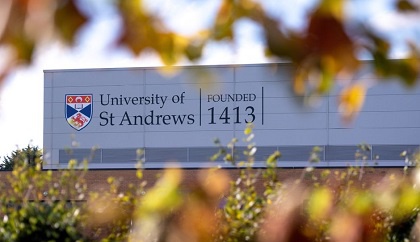
The UK's first and largest survey, launching today and involving St Andrews University, will examine how coronavirus has affected the lives of people with an ethnic or religious minority background.
It's working with the Centre on the Dynamics of Ethnicity to inform work and campaigns for racial justice.
Areas such as economic wellbeing, employment, experiences of bigotry, finance, health, housing, identity, policing will be examined.
The university is also working in partnership with the University of Manchester and Sussex University.
Ipsos MORI is conducting the 30-minute survey.
It has been translated into 13 languages.
The Evidence for Equality National Survey (EVENS) will run until May 2021.
EVENS’ Lead and Reader in Human Geography at the University of St Andrews Dr Nissa Finney said: "Disadvantages of ethnic and religious minorities have been highlighted and exacerbated by the period of austerity, followed by the Covid-19 pandemic, meaning there is an urgent need to act to mitigate growing inequalities.
"EVENS will give us a unique and authentic representation of the lives of ethnic and religious minority people in Britain during the current crisis.
"When published, EVENS will help place ethnic inequalities and racism firmly on the political and policy agenda in an enduring manner.
"The data will be freely available and can be used by anyone, from our VCSE partners, activists and politicians to policymakers, campaigners, NGOs and Experts by Experience in the UK.
"As well as showing us what the key problems of disadvantage and inequality are for particular groups, we want people to be able to evidence the inequalities and how they should be addressed."

 10°C
10°C
 10°C
10°C